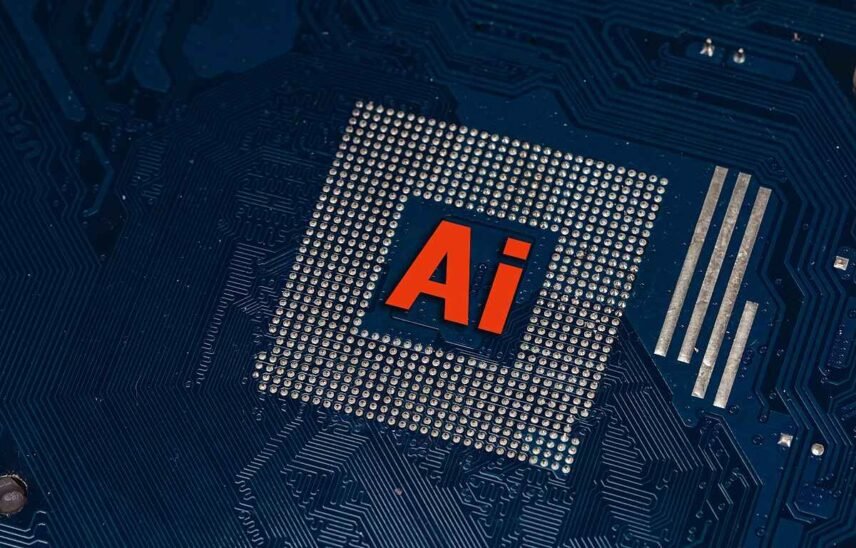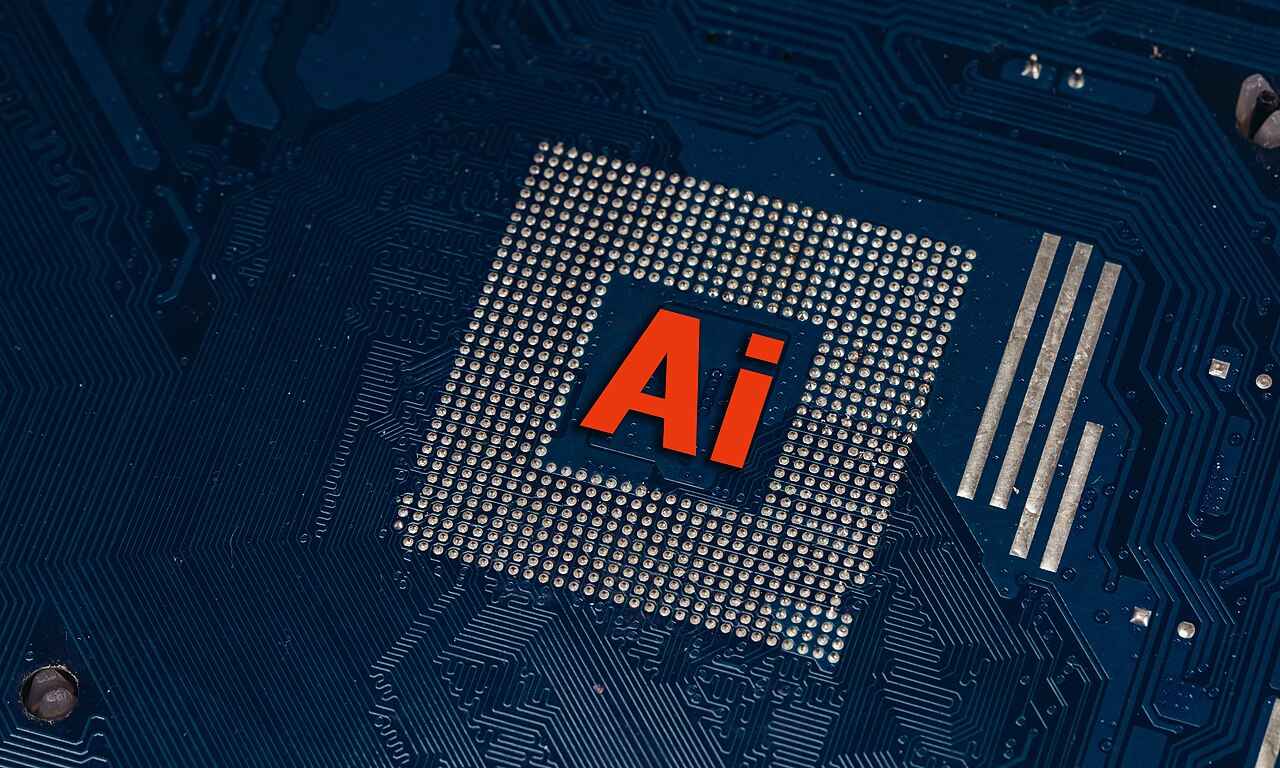
- Home
- Managed Services
- Cyber Security
- Blog
- About Us

We 365 Admin Support, just simplify your IT problems
Call for a free support. +91 96666 59505Platform Partnership
- Who We Help
- Shop
- Contact
- News






The rapid ascendancy of Artificial Intelligence (AI) has raised pressing questions about its impact on employment. With AI systems increasingly performing tasks that were once the domain of human workers, a cloud of uncertainty surrounds the future of work. From automated customer support systems to sophisticated software coding, AI’s role is expanding—leading many to wonder: Will AI eventually supplant human workers in various fields? According to recent findings, top technology companies are indeed replacing entry-level employees with AI technologies. A startling statistic reveals that many over half of the recent graduates hired have lost their jobs in the past few years.
A report from TechCrunch sheds light on this trend, citing data from the venture capital firm SignalFire. It states, “New graduates now represent only 7% of all hires, with new recruitments plummeting by 25% since 2023, which is more than 50% compared to pre-pandemic hiring rates in 2019.” This data is being interpreted by experts as an indication that AI is fundamentally altering the operational landscape for businesses.
Aneesh Raman, Vice President at LinkedIn, emphasizes that AI tools are increasingly taking on responsibilities traditionally assigned to junior professionals. This shift complicates matters for emerging talent trying to carve out a niche in the tech industry.
Heavyweights in the tech realm, such as Meta, Google, and Microsoft, have also acknowledged that nearly 30% of their coding is now performed by AI. Mark Zuckerberg, Meta’s CEO, has asserted that AI will soon be capable of generating complete codebases for projects, including Meta’s Llama initiative.
The implications of AI’s reach are evident not only in software development but also in the corporate world. For instance, IBM recently terminated approximately 8,000 employees, with many of those affected working in Human Resources. These layoffs were largely attributed to AI systems taking over their roles.
While these developments might appear dire, the tech job market is not entirely bleak. Reports suggest that the industry is projected to grow from 6 million jobs in 2024 to over 7 million by 2034. Technology is anticipated to play a crucial role in various sectors, including healthcare, finance, and retail.
Despite the changes instigated by AI, not all is lost. A survey referenced by The Wall Street Journal indicates that 87% of hiring managers are on the lookout for candidates equipped with AI-related skills. Additionally, one in four job postings now includes AI expertise as a prerequisite. Consequently, experiencing and understanding AI tools has evolved into a key asset that can significantly boost your job prospects.
Adapting to these changes will be imperative for the workforce. As organizations continue to integrate AI technologies, professionals must remain agile by acquiring new skills and being open to lifelong learning. It is vital for job seekers to emphasize their ability to work alongside AI systems and leverage these tools to enhance productivity and efficiency.
Furthermore, industries employing AI will likely create new roles that did not exist before. This points to a transitional phase rather than total obsolescence. Data scientists, AI ethicists, and machine learning engineers are just a few examples of jobs that are likely to flourish in the coming years.
In the long run, the challenge will be not merely to survive but to thrive alongside AI. Individuals can prepare themselves by seeking educational opportunities that offer knowledge in AI and its applications. Online courses, workshops, and certifications in AI could replace traditional job training programs that may no longer be relevant.
In summary, while AI is changing the landscape of work, it will also create new opportunities for those willing to adapt. By embracing AI skills and positioning themselves as assets to future employers, job seekers can turn potential threats into advantageous opportunities. As the future unfolds, understanding and integrating AI into work practices will become more crucial than ever.